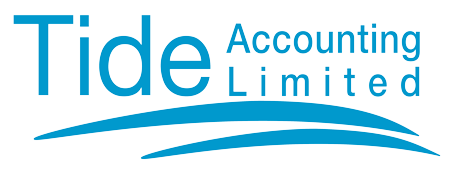Inheritance Tax (IHT) impacts estates over £325,000, with rates of 40% on death and 20% on certain gifts. A 36% reduced rate applies if 10% of the estate is left to charity. Executors must value estates and may need to file tax returns for the deceased and their estate.
The current IHT nil rate band is £325,000 per person, below which no IHT is payable. This is the amount that can be passed on free of IHT as a tax-free threshold.
A reduced rate of IHT of 36% (reduced from 40%) applies where 10% or more of a deceased’s net estate after deducting IHT exemptions, reliefs and the nil rate band is left to charity.
In order to ascertain whether or not IHT is due, the personal representative (an executor or administrator) of the deceased must value the deceased's estate. The personal representative is legally responsible for dealing with the deceased’s money, property and possessions (their estate). As part of this process, a tax return for the deceased may be required.
This could be:
- a self-assessment tax return for income the person earned before they died; or
- a separate self-assessment tax return for income the ‘estate’ generated after the person died.

